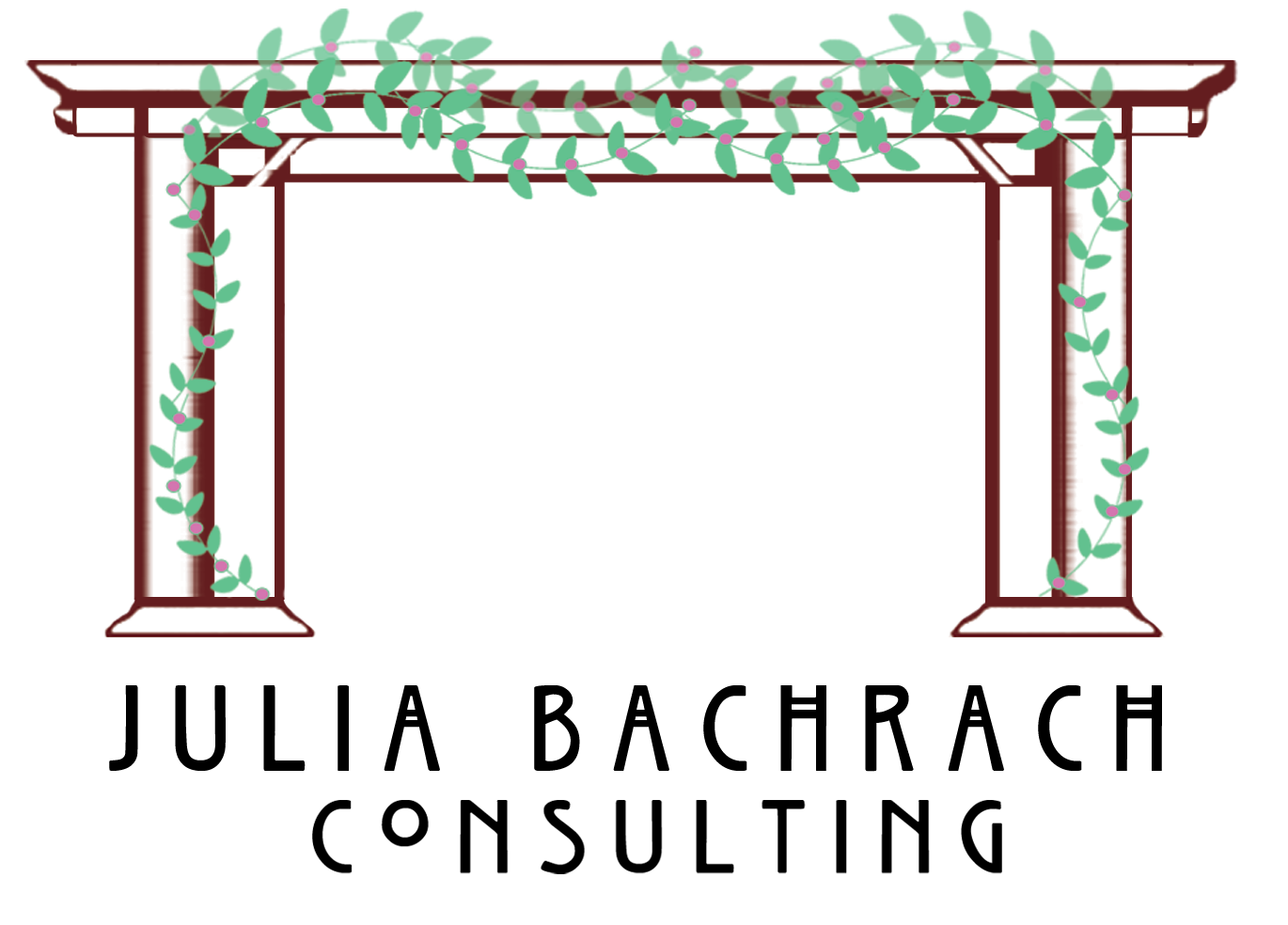I am very excited that the Friends of the Parks has selected me as recipient of the 2017 “Leon Despres Lifetime Commitment to Parks Award.” I will receive this honor on June 9, 2017 at their annual luncheon and conference. I hope you will consider attending the luncheon or the entire two-day conference. (Register at https://fotp.org/conference-2017/.)
Friends of the Parks Annual Conference Awardees Announcement, May 4, 2017
Portrait of Leon Despres. Vories Fisher, photographer. CULR_04_0120_1373_001, Chicago Urban League records, University of Illinois at Chicago Library.
I am thrilled and humbled to receive such this tribute, especially in light of the reverence I feel for Leon Despres. A lifelong resident of Hyde Park, Leon Despres (1908 – 2009) was an attorney, civic leader, preservationist, and parks advocate who served on the City Council from 1955 to 1975. He was an independent Democrat who often criticized and challenged Mayor Richard J. Daley and his infamous “machine.” Leon or “Len,” as many called him, fought for open housing, civil and human rights, social justice, and the preservation of parks and historic buildings.
In the preface to Len’s memoir, Challenging the Daley Machine: A Chicago Alderman’s Memoir, journalist Kenan Heise explains that, as Alderman, Despres “refused to let the city write off the poor and the victims of discrimination… Although usually defeated in Mayor Richard J. Daley’s city council, his proposed ordinances … served as the guide and pattern for what was to be. Most of his fellow aldermen considered him ill suited for such an epic role. In a city government run on clout and patronage, he had neither. In a city council where boodle was a tradition, he irritated many of his fellow members by being incorruptible.”
Passionate about Hyde Park’s great Olmsted-designed landscapes, Len wrote: “If my soul is closely united with the community of Hyde Park, it is indissolubly attached to its jewel on the lake, Jackson Park.” In 2006 the Friends of the Parks gave Len the “Lifetime Commitment to Parks Award” and officially named the award for him. Standing before a large projected, vintage photograph of a baby lying in the grass in Jackson Park, Len explained that this image of a six-month-old child was the first photograph ever taken of him. He went on to give a moving speech about how much Jackson and Washington Parks meant him. He described rowing in Jackson Park’s lagoon, picnicking in the park, and buying ice cream sodas at the German Building, a holdover from the 1893 World’s Columbian Exposition.
Jackson Park German Building, Series II, University of Chicago, Special Collections Research Center, apf2-04510, 1904.
I met with Len in 2004, when he was well into his 90s, to interview him for a series of short videos about Chicagoans who attended the city’s second world’s fair A Century of Progress, in 1933-34. As an adult at that time, Len had clear memories of the fair. But, he explained, because of the Depression, he could only afford to attend on a few occasions. You can watch his video on YouTube.
Jackson Park, Ho-o-den (Phoenix Hall), Series II, University of Chicago, Special Collections Research Center, apf2-04518, undated.
Len was charming, sharp, and articulate; his love for Jackson Park—especially the Wooded Island—was very evident. Len told me a great story about how he and his boyhood friends often climbed to the roof of the Japanese Pavilion (the Ho-o-den) and jumped down – without injuring themselves! Talking with him was a wonderful and memorable experience. Today, however, I look upon this interview as a missed opportunity. I wish I would have come prepared with other questions about his park activism, such as his efforts to prevent the City from grabbing parkland to build Dyett High School in Washington Park or his battles to protect Jackson Park from roadway “improvements.”
At the time, I didn’t realize that Len and others spent years protesting plans for a superhighway through Jackson Park. It wasn’t until 2010, while working on the second edition of my book The City in a Garden: A History of Chicago’s Parks, that I became fully aware of this controversy. While visiting the Sun-Times photo archives, I found a 1965 photograph of “tree huggers” protesting in Jackson Park. I learned that, although the City did not build the superhighway first envisioned in the late 1950s, Len and other activists fought against numerous roadway expansion battles throughout the 1960s and ’70s. In Kenan Heise’s 2007 book, Chicago Afternoons with Leon 99 ½ Years Old and Looking Forward, Len described how, during a 1965 protest, he and his wife Marian came face to face with workers who threatened them with chainsaws. Despite their efforts, Jackson Park lost 1200 trees that day.
Kay Clement (on left) with unidentified demonstrator protesting the tree removal in Jackson Park, Jack Dykinga photographer, courtesy Sun-Times Media, 1965.
It is wonderful that many of Len’s contributions are described in his 2005 memoir and Heise’s 2007 book. But we are quickly losing the histories and memories of other important park and preservation leaders. For example, Lauren Moltz, chairman of the Friends of the Parks’ board, recently told me that one of the women depicted in the “tree hugger” photo shown here was her mother-in-law, Kay Clement, who died last fall. Now that I know this was Kay, I could kick myself for not interviewing her!
I’ll sign off with a call to action. We should document the contributions of Chicago’s long-time preservationists, park activists, and urban designers, such as Tim Samuelson, Vicky Ranney, and Ed Uhlir, among others. The Art Institute did a fantastic oral histories project several years ago, highlighting noteworthy Chicago architects and landscape architects including Alfred Caldwell and Walter Metschke. We need to initiate another project like this soon!






